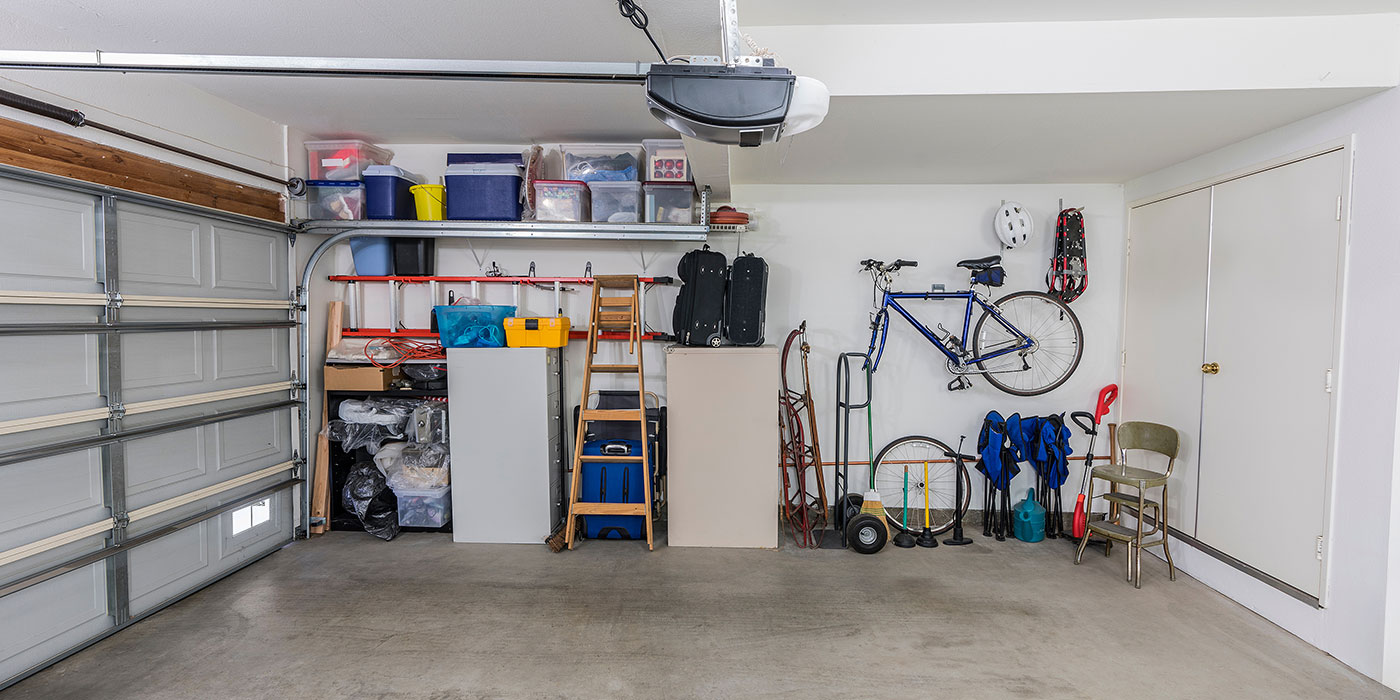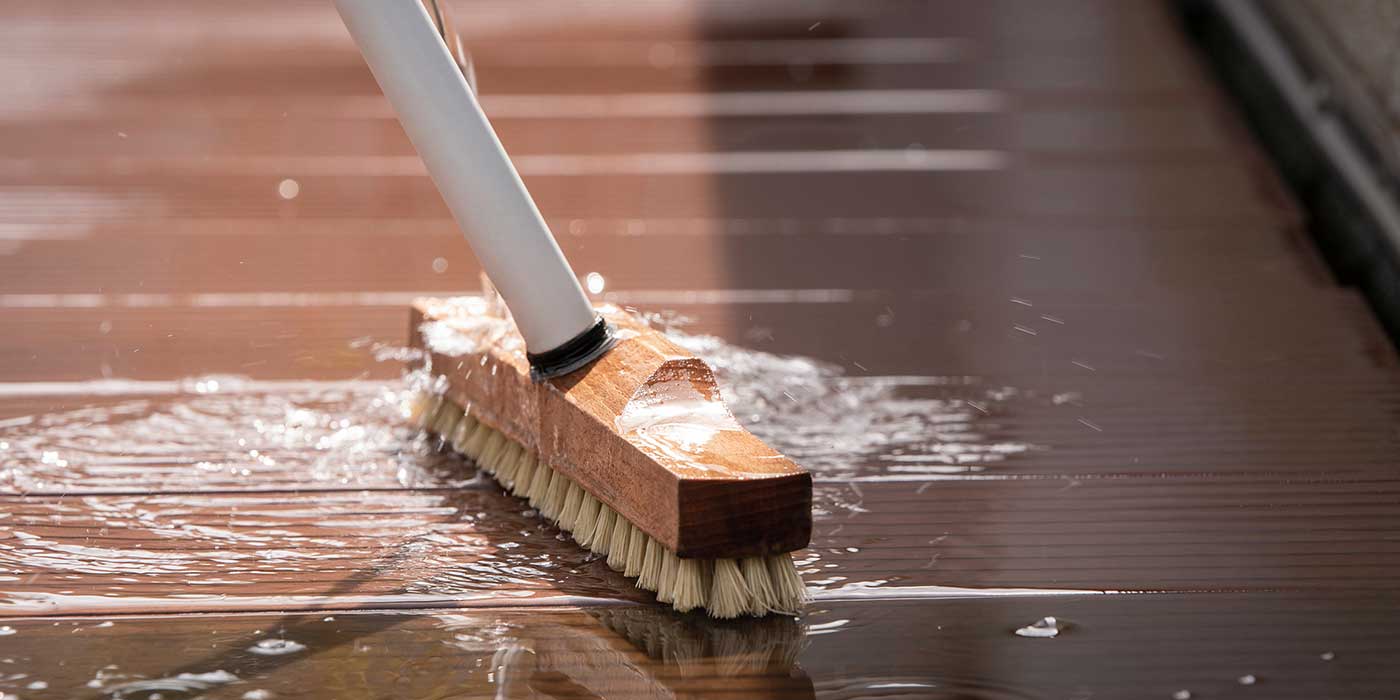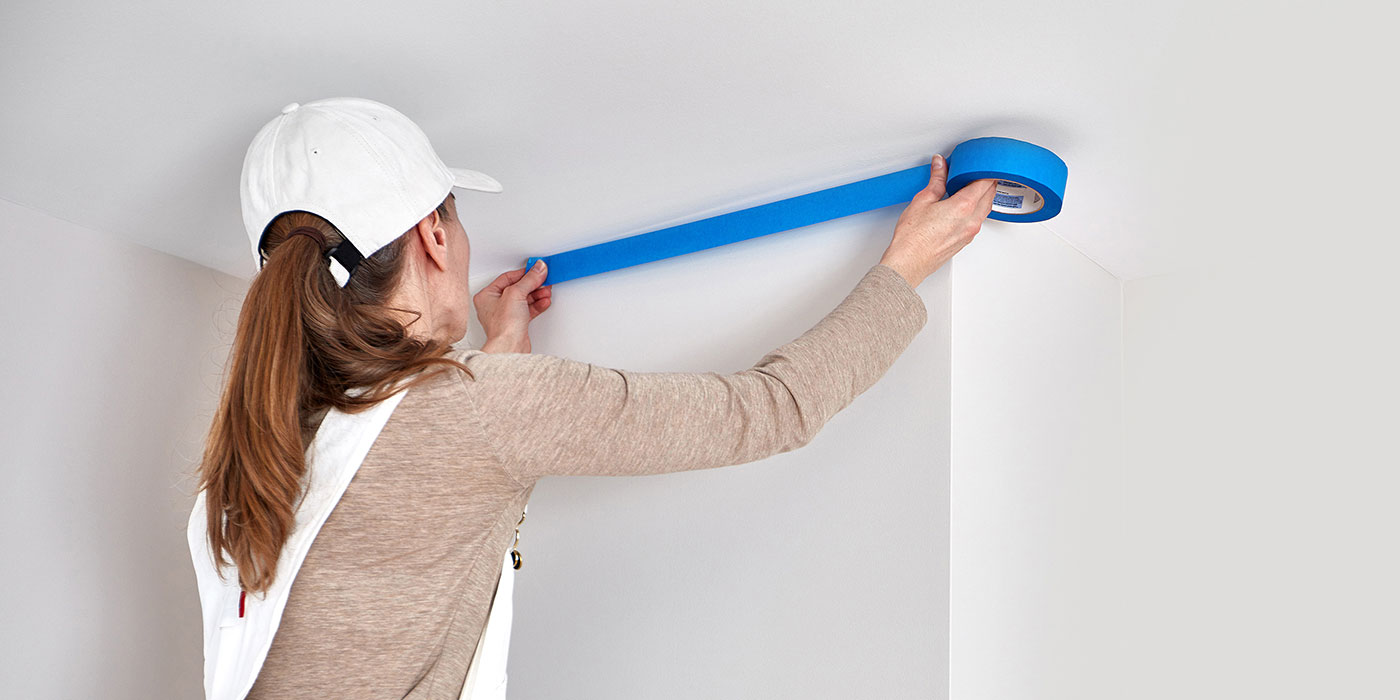When it comes to drywall finishing, choosing the right type of drywall is essential for your project. Each type comes with unique properties that make it suitable for specific applications. Understanding the different types and sizes of drywall will help you select the right sheet for your remodelling or renovation project. Here are five common types of drywall and where to use them:
1. Standard
• The most common and economical
• Easy to cut and install
• Available in assorted thicknesses and sizes, 1/2″ x 4′ x 8′ the most common
• Also available in a lightweight version
Where to use:
• Use in most interior walls and ceilings in living rooms, bedrooms, and hallways
• Can be used in dry basements
2. Moisture resistant or paperless
• Similar to standard drywall but with added engineering to resist moisture
• Moisture resistant has a treated paper facing
• Paperless has fibreglass facing making it more moisture resistant, but can be difficult to cut
Where to use:
• Use in high humidity areas like bathrooms, kitchens, laundry rooms, basements, garages, mudrooms and crawl spaces
3. Fire resistant
• Thicker than standard drywall
• Contains a fibreglass additive in the gypsum core
• Engineered to inhibit the progress of fire
• It is fire-rated, not fireproof
• May be required by code in some municipalities
Where to use:
• Use in garages, utility rooms, walls separating living spaces from garages, near wood-burning stoves or appliances
4. Soundproof
• Also called acoustic drywall
• Engineered to minimize vibration and sound transmission between rooms
• Constructed with denser layers than standard drywall
Where to use:
• Use in home theatres, bedrooms, home offices, shared living spaces, wherever a quieter living space is needed
5. Cement/backer board
• Not necessarily classified as drywall but is an essential wall material for the home
• Made from cement and reinforcing fibers
• Highly resistant to water and moisture
• Will not rot
• Resists mould and mildew
Where to use:
• Use as a floor and wall tile underlayment
• Use behind showers, tubs and sinks
• Can be used as substrate for stone veneer
With so many drywall options on the market, choosing the right product can feel overwhelming. Connect with a TIMBER MART Expert today for professional guidance on choosing the right drywall product for your project.



